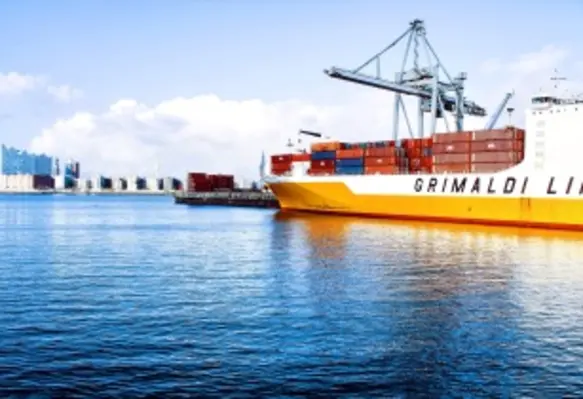Middle East oil exports are lower than they were 40 years ago due to increased internal consumption, and a slowing of production may affect the sector further than first thought
According to the 2016 BP Statistical Review, the Middle East region, excluding OPEC members Algeria, Angola, Ecuador, Gabon, Nigeria and Venezuela, produced 30.10 mbd in 2015, compared to 22.35 mdb in 1976, with a steady increase coming from increased economic stimulus and infrastructural reforms throughout the region. However, the Middle East is consuming more oil than ever. In 1976, the region consumed 1.51 mbd, but 40 years later, this has leapt up to 9.57 mbd, more than a 6 fold increase.
This has meant that net exports have decreased 0.40 mbd to 20.44 in the 40 year period. While this may not have been a reason to panic five years ago, there are reasons why producers may want to act. The decrease in production as part of the OPEC talks and agreement may mean that this export figure will continue to fall.
It could be argued that while the Middle East continues to consume less than it produces, what is the harm? Particularly as there has been more of an issue with surplus crude with the rapid decline in oil price.
This is true, but the USA are planning on becoming more energy dependent in the next four years, as was outlined by President-elect Donald Trump. This may further reduce their exportation amounts as the US are a huge energy consumer.
But not all is doom and gloom. The Middle East is still sitting on around 100 years of natural gas in just Kuwait and the UAE alone. Government subsidies will need to be lifted to make LNG competitive, but this may be a tool in the Middle Eastern armoury of exports.
Further more, energy companies are finding new ways of diversifying their production, and oil will continue to be invested in less and less, as the World Energy Outlook 2016 stated last month. Our report from the IEA World Energy Outlook 2016 can be read here. So in fact, these lower exportation figures may show less of a regional problem, but more of a global trend of energy diversification.
With such investments going into power generation and sustainability in the Middle East, it is very unlikely that a drop in oil exports will mean anything more than a blip in the local economies. In fact, it is likely that as the energy diversification process continues over the next 40 years, new energy exports in renewable and LNG may more than fill the gap that oil exports left.








